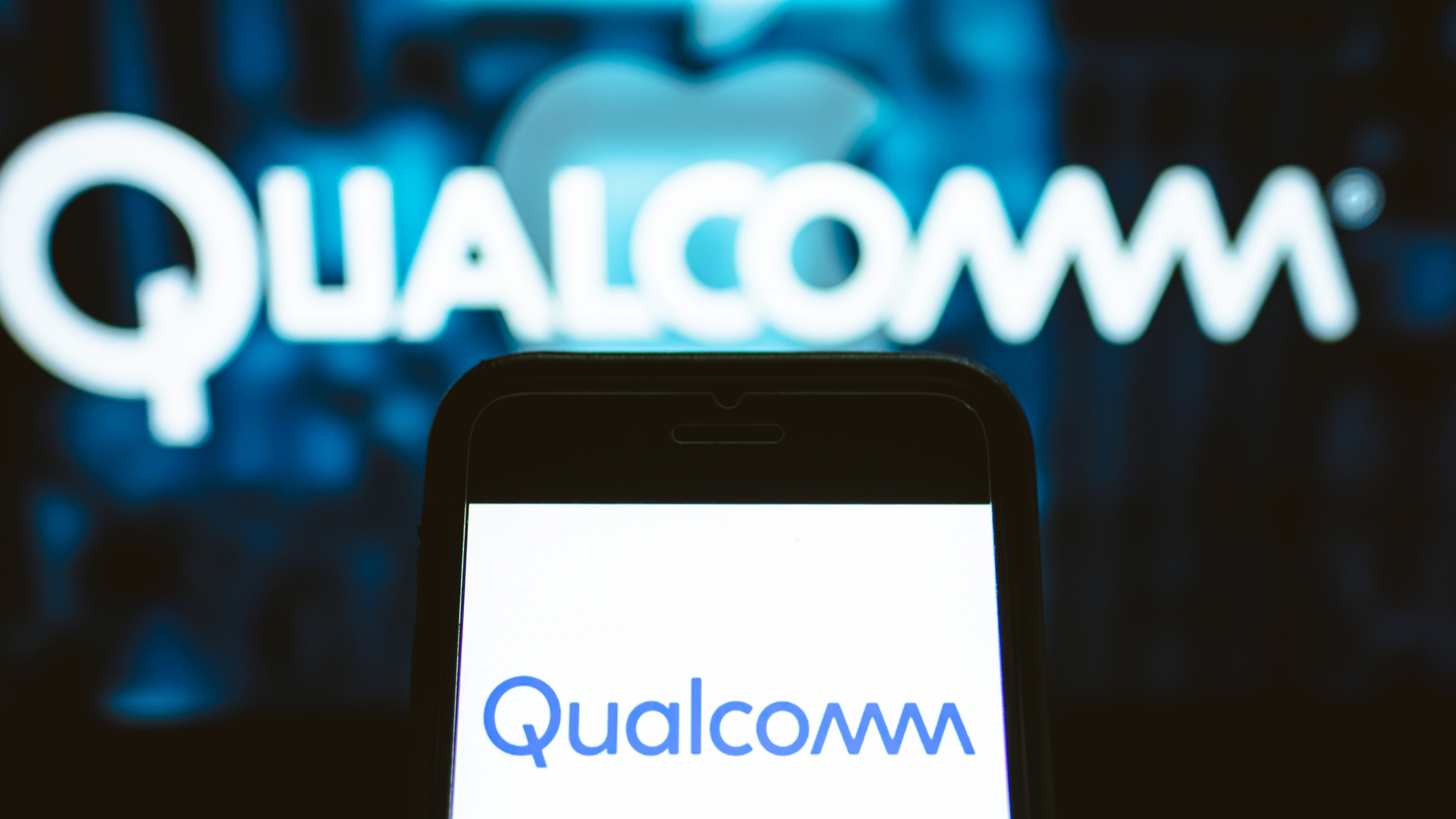Qualcomm and Huawei end licensing spat
Qualcomm's shares were up 13% after news of the deal


Sign up today and you will receive a free copy of our Future Focus 2025 report - the leading guidance on AI, cybersecurity and other IT challenges as per 700+ senior executives
You are now subscribed
Your newsletter sign-up was successful
Qualcomm has successfully reached a long-term patent agreement with Huawei in order to resolve a long-term licensing dispute.
The news triggered a surge in the company's share price, up 13% at the time of writing.
The deal will see Huawei pay Qualcomm a catch-up payment of $1.8 billion (£1.39bn) in the fiscal fourth quarter.
Although US regulations mandate that Huawei is still banned from purchasing chips from Qualcomm, it has now resumed paying licensing fees for wireless technology. Licensing fees are reported to be Qualcomm’s greatest source of profit.
Qualcomm CEO Steve Mollenkopf told analysts in a phone call that, due to the “the signing of the Huawei agreement”, the company is “now entering a period in which we have multi-year license agreements with every major handset OEM”.
The settling of the dispute caused not only shares to soar, but also helped Qualcomm beat Wall Street expectations of their fiscal third-quarter earnings.
The semiconductor giant reported an adjusted revenue of between $5.5 billion and $6.3 billion, compared with analysts’ estimates of $5.78 billion, according to IBES data from Refinitiv. According to Factset, licensing revenue in the segment was $1 billion, significantly higher than the expected $851 million.
Sign up today and you will receive a free copy of our Future Focus 2025 report - the leading guidance on AI, cybersecurity and other IT challenges as per 700+ senior executives
Revenues from Qualcomm’s chip segment were lower than predicted, from $3.90 billion to $3.80 billion. This has largely been blamed on the delay of a “global 5G flagship phone launch”, which is believed to be the iPhone 12. Last month, analysts estimated the mass production of the new models to be four to six weeks behind schedule.
Qualcomm expects 5G handset shipments to be 15% lower year over year in the quarter ending in September. However, the company added that it still expects between 175 million and 225 million 5G handsets to be shipped in 2020.
The agreement with Huawei comes just over a year after Qualcomm settled a long-standing legal battle with Apple. The firms had been arguing since 2017 when Apple claimed Qualcomm was charging too much for its chips. It said that just because Qualcomm leads the phone processor industry, that doesn't give it the right to charge above and beyond other manufacturers. The case seemed to go back and forth with no end until April 2019 when, out of the blue, both agreed on a settlement.
Having only graduated from City University in 2019, Sabina has already demonstrated her abilities as a keen writer and effective journalist. Currently a content writer for Drapers, Sabina spent a number of years writing for ITPro, specialising in networking and telecommunications, as well as charting the efforts of technology companies to improve their inclusion and diversity strategies, a topic close to her heart.
Sabina has also held a number of editorial roles at Harper's Bazaar, Cube Collective, and HighClouds.
-
 Pulsant unveils high-density data center in Milton Keynes
Pulsant unveils high-density data center in Milton KeynesNews The company is touting ultra-low latency, international connectivity, and UK sovereign compute power to tempt customers out of London
-
 Anthropic Labs chief claims 'Claude is now writing Claude'
Anthropic Labs chief claims 'Claude is now writing Claude'News Internal teams at Anthropic are supercharging production and shoring up code security with Claude, claims executive
